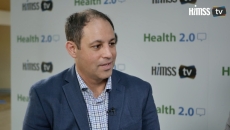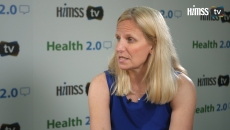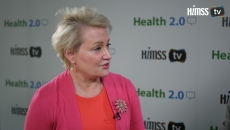Patient Engagement
The company saw a market opportunity in helping bring independent pharmacies into the digital and mobile economy.
Communicating a patient's financial responsibility and getting a handle on data can make business run more smoothly and helps retain patients.
The largest differences were seen in larger urban areas with multiple emergency rooms and hospitals within the vicinity.
Racial disparities show New Jersey's maternal mortality rate is 38.1 deaths per 100,000 births, but among African-American women, it's 102 deaths.
Plans will jointly operate 14 community resource centers across Los Angeles that will leverage personalized technology solutions to improve health and identify disparities.
Medisafe CEO Omri Shor describes how integrating his company's medication management platform with Apple Health Records has made it easier to keep tabs on prescriptions and boost medication adherence.
There are new trends in consumerism and patient engagement as well as advances in pharmacogenomic therapies, but IT infrastructure and care processes must evolve to enable their potential, says GE Ventures GM Risa Stack.
Susan Dentzer, president and CEO of the Network for Excellence in Health Innovation (NEHI), discusses Healthcare Without Walls, saying technology is no longer a barrier to at-home healthcare.
Drug overdose deaths dropped by 5% from 2017 to 2018 and deaths from opioids went down 2.8%.
First-of-its-kind partnership uses IT to connect patients to social service organizations in upstate New York.


